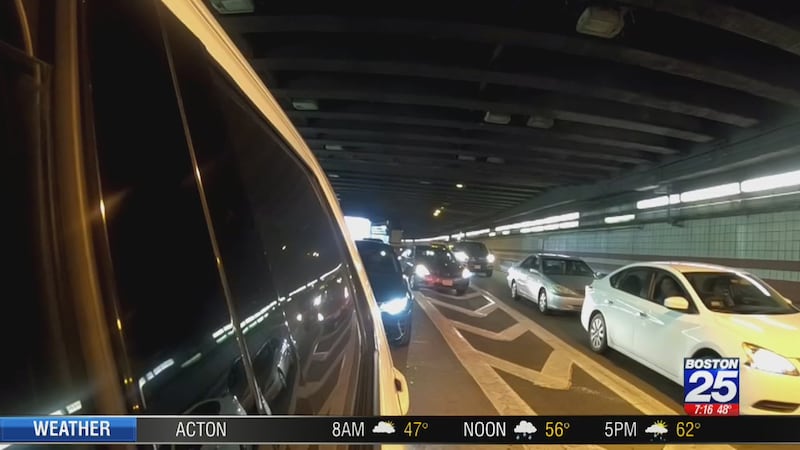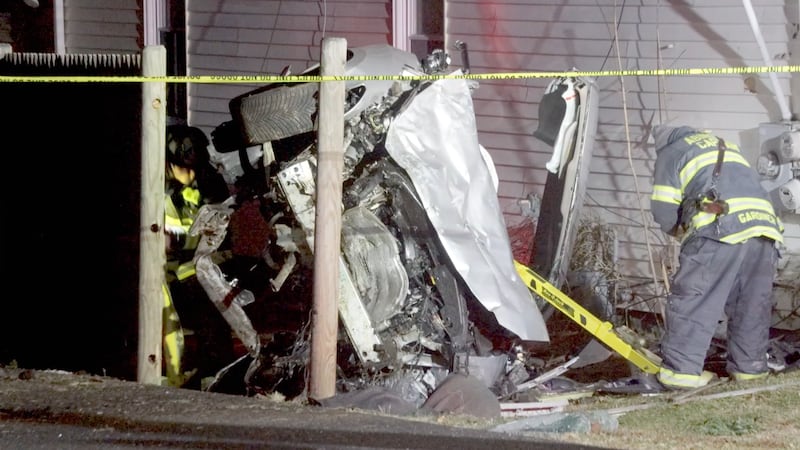BOSTON — The Big Dig was the biggest highway project in the country’s history and one that promised relief from the daily torture of driving in and out of downtown Boston.
Despite the billions of dollars spent to depress the Central Artery, the region’s traffic woes seem worse than ever.
A recent session at a conference sponsored by the Urban Land Institute posed the question of whether the mega-project fulfilled its original objectives.
Boston 25 News asked people around South Station about the Big Dig’s impact on traffic. One woman said she thinks it is still bad and that the new roadway encouraged people to drive instead of taking the T. Another man said he thought it had not helped move traffic along any better.
Richard Dimino, the city’s transportation commissioner when the project was gearing up, believes the region would be in far worse shape if a new central highway system had not been built. %
%
“Imagine if we had one tunnel going to the airport," Dimino said. "Second, imagine if we still had the elevated central highway system with the limited lane capacity and the on and off ramps the way they were originally configured.”
One driver said the elevated highway was a horrible driving experience and thought Boston looked much better without that big green structure cutting the city in half.
When the structure came down, 27 acres of open space freed up and subsequently became the Rose Kennedy Greenway.
Scott Pollack of Arrowstreet helped design one of the parcels that was created when the elevated highway came down. He said planners did the best they could to envision how the city would grow when the project was first conceived 40 years ago.
“Did it solve all the traffic problems? No,” said Pollack. “Is traffic better? Yes. When you’re trying to plan a project like this, what you’re trying to do is plan for flexibility and future change. I think they did better than we had a right to expect, but not as well as we could have hoped for.”%
%
Pollack recently gave a tour of the Greenway to visitors from all over the country who were here to learn from Boston’s experience.
“Part of the legacy of the Big Dig is not just the park and the highway, but the overall impact it's had on Boston," Pollack said.
Both Dimino and Pollack point out that the old elevated highway was falling apart and was going to need to be replaced one way or another. That meant there was going to be a big bill to pay whether it was put underground or not.
MORE: Free coffee for your personal data? Cafe expands to Mass. college campuses
Cox Media Group






